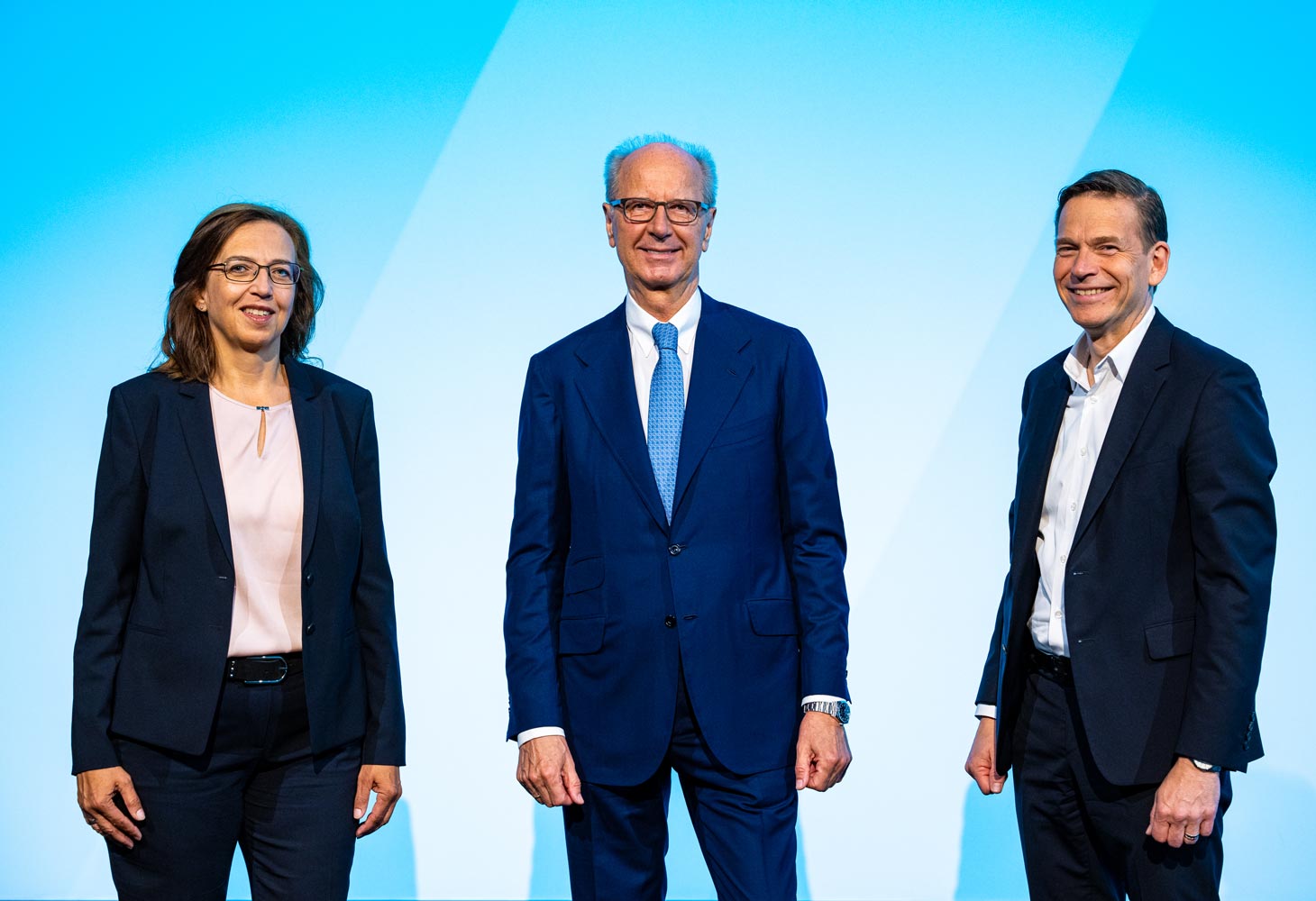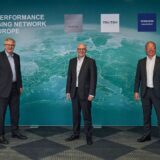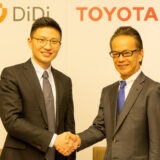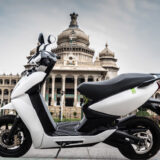
TRATON Group scales back investments in conventional drivetrains
So that it can take the lead in e-mobility, the TRATON Group is investing a total of EUR2.6 billion (USD2.7 billion) in corresponding research and development between 2021 and 2026. At the same time, the company is scaling back investments in conventional drivetrains, so that these make up less than one-fifth of its product development spend in 2026.
With its brands Scania, MAN, Volkswagen Truck & Bus, Navistar, and RIO, TRATON SE is one of the world’s leading commercial vehicle manufacturers. Its range comprises light-duty commercial vehicles, trucks, and buses, at 29 production and assembly sites in 17 countries.
“We have a clear roadmap for our electrified, connected, and automated commercial vehicles. We are optimizing our cost basis and creating long-term value. And we are developing new business models for the transportation of tomorrow,” said Christian Levin, CEO of the TRATON GROUP, based in Munich, Germany.
To become even more efficient and to further benefit from a Group-wide transfer of technology in the future, the TRATON GROUP rolled out a matrix organization on June 1. Together with the TRATON Modular System, this will make considerable improvements possible in production planning and in research and development. Another aspect of the new organization should see the logistics, production, and purchasing functions of all brands grow even closer together.
“Thanks to our new matrix organization and the TRATON Modular System, our brands’ collaboration will become more efficient, while a sharper focus on what our customers need will improve their competitiveness. We offer our customers an even more attractive portfolio — this is how we will grow.”
E-mobility can only succeed with reliable infrastructure, however. Thus, the TRATON GROUP, Daimler Truck, and the Volvo Group are planning a joint venture that will see them build a high-performance charging infrastructure for trucks and buses in Europe. The agreement was signed in December 2021 and will accelerate the transition to battery electric transportation.
As the number of vehicles powered by electric drivetrains grows, the main bulk of their carbon footprint shifts from the use phase back to production. This puts the spotlight on another goal of the TRATON GROUP: sustainable business models based on circularity. TRATON will already reflect this in its research and development. Circularity affects every stage of the company’s supply chains and reaches all the way down to its services. All TRATON GROUP brands already have a variety of approaches in place to reuse parts and materials.
TRATON’s complete takeover of Navistar in 2021 also marked an important step in tapping into new sources of revenue and markets in North and South America. At the same time, TRATON is expanding its strategy in the Asian market. Scania is about to become the first Western truck manufacturer to have its own production in China — another important milestone for the TRATON GROUP. Scania has a license to produce up to 50,000 vehicles a year.
In the future, TRATON will also work on strengthening new business models and partnerships that create value. To do so, it will expand its focus on logistics and digitalization. Test drives on Level 4 out of a total of five levels of autonomous driving began in Sweden in 2021. Although the truck operates autonomously on selected sections of highway, there is a driver on board for safety reasons. MAN Truck & Bus has also finished testing autonomous trucks as part of the “ANITA” project — with successful results. The tests saw an MAN truck move autonomously around a port terminal, automating container handling.
“We currently expect a solid performance across our markets in 2022, although slightly weaker than anticipated at the start of this year. There is no doubt in our minds: we want sustainable success. That’s how we will shape the transportation of the future,” said Levin, who spoke at the virtual Annual General Meeting at the International Congress Center Munich (ICM) on June 9.














